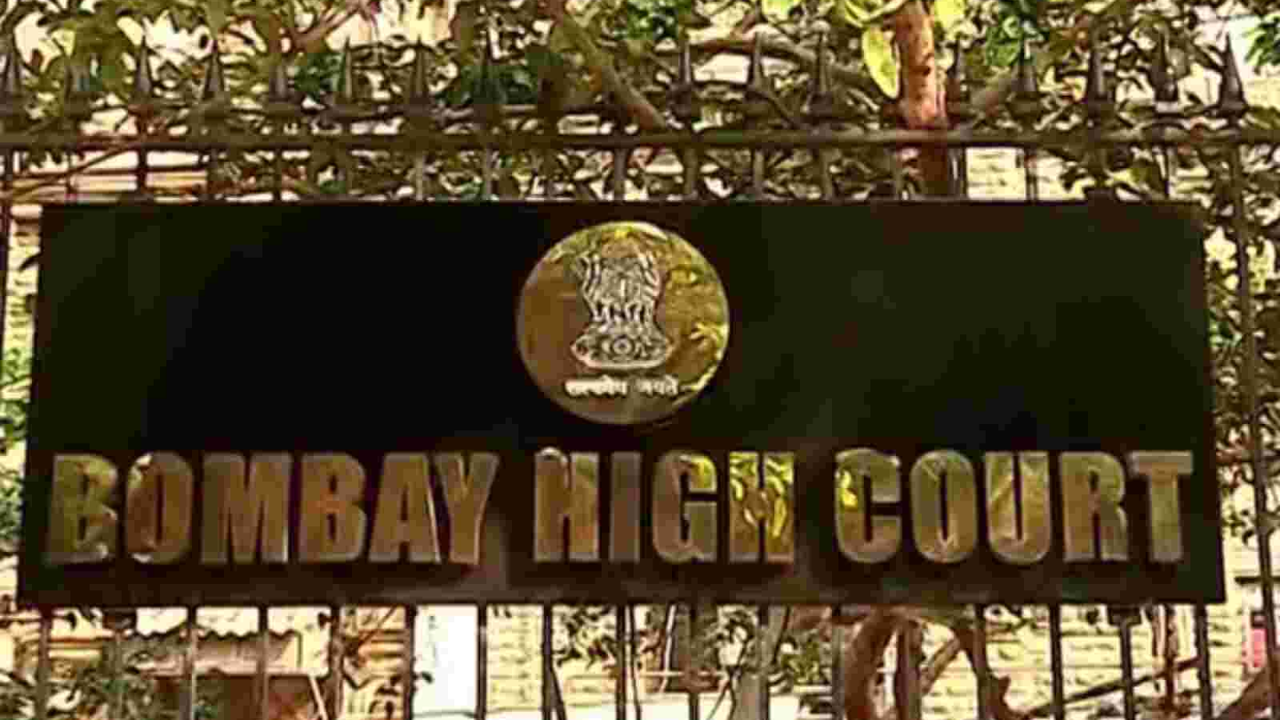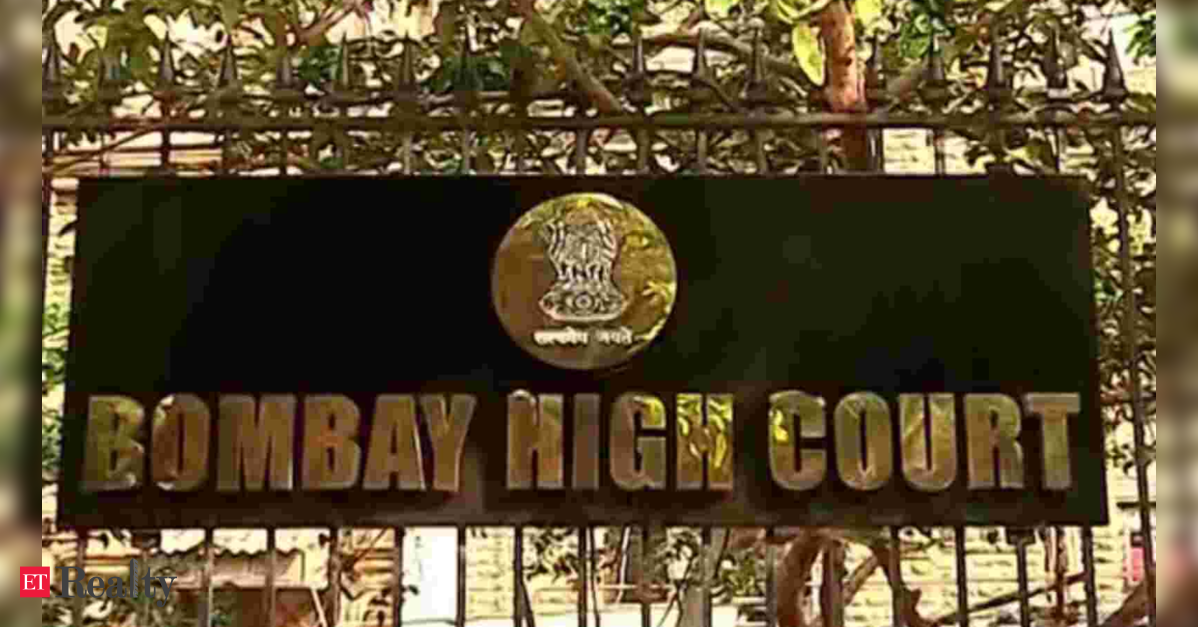
MUMBAI: The Bombay High Court criticized Mhada on Monday for its illegal and overreaching actions in issuing more than 900 redevelopment notices for premises deemed dangerous, infringing on the constitutional rights of owners of cessed buildings, as well as often impacting their tenants.
The court described these notices and the redevelopment authority exercised by Mhada’s executive engineers and repair board as a “regime of colossal arbitrariness and abuse of power,” deeming such acts as blatant illegalities. The judges noted that simply allowing a stay on the notices—which Mhada later chose not to withdraw—was insufficient. Consequently, they mandated an investigation by a two-member panel comprising former HC judge Justice J P Devadhar and retired principal district judge Vilas Dongre to scrutinize all 935 notices issued under Section 79A of the Mhada Act.
This section permits the authority to acquire dangerously cessed buildings for redevelopment when both owner and tenant associations fail to act post declaration of a building as dilapidated and dangerous.
The ruling stemmed from a series of petitions challenging the notices issued by the Mumbai Building Repairs and Reconstruction Board, a statutory entity under Mhada.
Section 79A has been contentious since its introduction in December 2022 to facilitate redevelopment based on a building’s dangerous condition. The High Court emphasized that whether a building is genuinely dangerous cannot solely depend on the officers’ assertions but must comply with legal stipulations.
The appointed committee will also investigate the actions surrounding the withdrawal of these notices and the roles and motives of the officials involved in their issuance.
Justice Kulkarni, who authored the court order, stated that the committee should review the purpose, basis, intention, and authority of the vice-chairman related to the Standard Operating Procedure (SOP) issued on December 5, 2024. According to the HC, this SOP establishes a parallel framework that should not grant officials powers to issue notices.
The section was enacted as Mhada highlighted more than 13,000 old and dilapidated cessed structures in Mumbai built before 1940, for which Mhada is responsible for repairs.
While the law has been adjusted to allow owners to redevelop with 51% tenant consent, Mhada contended that owners often remain unmotivated to proceed, despite the repair board’s designation of buildings as “dangerously dilapidated.”
Executive engineers typically invoke Section 79A following a “visual inspection” to classify a building as dilapidated and issue redevelopment notices.
The court remarked, “Through these notices, there is a pursuit of objectives driven by vested interests, exploiting redevelopment incentives via the misuse of Mhada’s official machinery for the advantage of either landlords or tenants.”
The High Court reiterated, “The manner of issuing these notices serves only to facilitate ulterior motives, skewing the redevelopment process without confirming the need for such action.”
The matter is scheduled for review on August 12, with the court requesting a report from the committee within six months.
The court dismissed a request from Mhada lawyer P G Lad for a stay on the order.




